Finance Forward US 2020
Partners

About the Program
This is undoubtedly a time of financial uncertainty and stress for people, families, and small business owners with immediate and longer-term impacts. Finance Forward US 2020 is a program for startups addressing challenges around financial health, economic mobility and community resilience in the U.S. The program is part of a global collaboration between Village Capital, MetLife Foundation, and PayPal.
At the end of the program, startups will be eligible for MetLife Foundation Social Entrepreneurship Grants.
About our Future of Finance Practice
Village Capital manages one of the most active fintech/financial health accelerators in the world. Since 2009, we have supported more than 1,000 early-stage entrepreneurs through our investment readiness programs. Our affiliated fund, VilCap Investments, has invested in more than 100 program graduates who have gone on to raise more than $500M in additional capital, including 8 early-stage US fintech/financial health companies like Vault, Fig Loans, and Finix.
In 2019, Village Capital was named Best Fintech Accelerator at the annual Finovate conference, and our investment-readiness curriculum was ranked by the Global Accelerator Learning Initiative as one of the best accelerator programs in the world.

SELECTED COMPANIES
Advisory Board
- Aimeelene GasparCEO & Co-founder at LionX
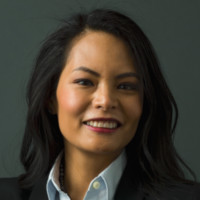
- A.T. McWilliamsCOO at Edquity

- Bill CromieDirector Of Technology Innovation

- Brittany RichardsManaging Director at Quinn International
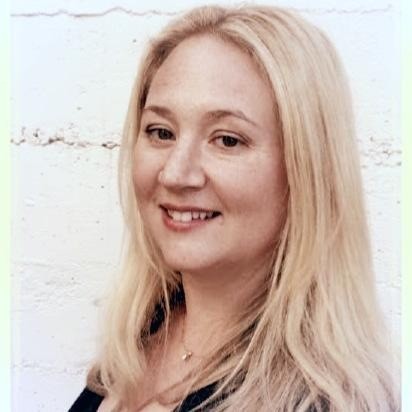
- Cheryl CamposPrincipal at Republic

- Denisha KuhlorEarly Stage Tech at Grasshopper Bank

- Edwin LoredoVice President at Core Innovation Capital

- Hannah CalhoonManaging Director at Blue Ridge Labs @ Robin Hood
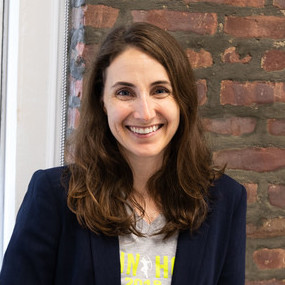
- Joan SusieChairman Of The Board at Bank Director
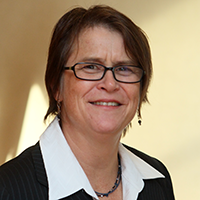
- Joseph Leitmann-Santa CruzExecutive Director at Capital Area Asset Builders (CAAB)

- Julián AlcázarSenior Financial Institution Policy Analyst
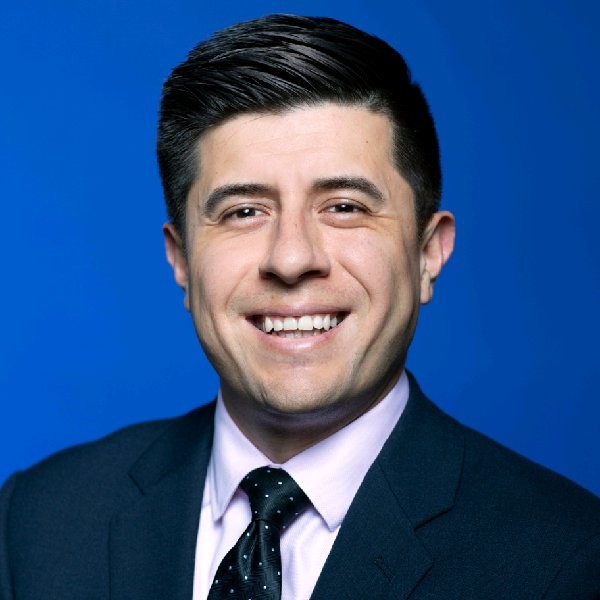
- Karim GillaniGeneral Partner at Luge Capital

- LaDante McMillonManaging Partner at New Age Capital

- Mariah LichtensternManaging Director at DiverseCity Ventures

- Maria LajewskiDirector, Financial Solutions Lab at Financial Health Network

- Michael MeyerManaging Partner at MiddleGame Ventures

- Michael PresserAssociate at TSEF - The Social Entrepreneurs' Fund

- Mike DavisFounding Partner at Olive Tree Ridge

- Monica MurthyBusiness Development at Alloy

- Monique VillaInvestor at Mucker Capital

- Peter SanbornDirector, Global Corporate Development at PayPal

- Ramona Miranda OrtegaVP of Strategic Partnerships at Latino Startup Alliance & CEO at My Money My Future
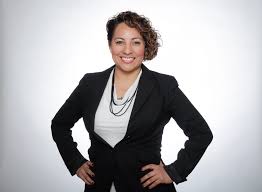
- Rashan JibowuProduct Manager at Facebook

- Rebecca DantaManaging Director at Miami Angels

- Ryan GilbertPartner at Propel Venture Partners
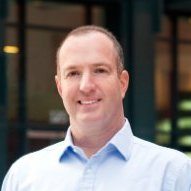
- Sarah MorgensternPrincipal, Investments at Flourish Ventures

- Sarah Sachse-PasquaGlobal Strategy at MetLife

- Scarlett SieberManaging Director at CCG
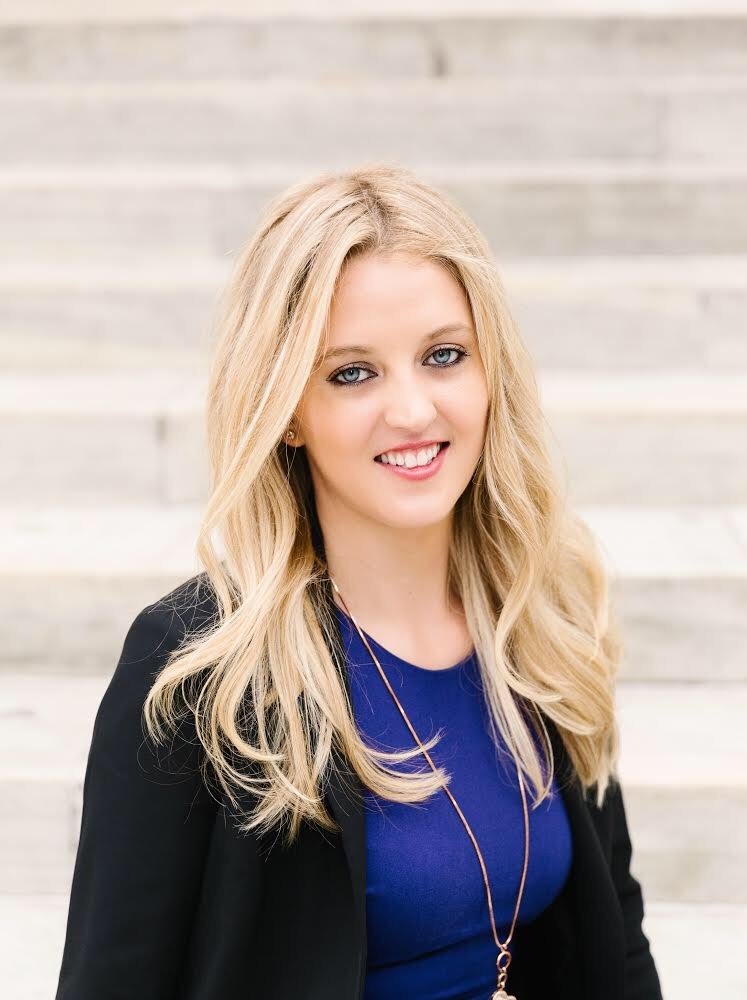
- Shannon DwyerInvestment & Portfolio Associate at Accion Venture Lab

- Stefanie ThomasImpact Venture Investor at Impact America Fund

- Tejal ModyManaging Director, Head of Strategy & Business Development. at Rabobank

- Timothy FlackeExecutive Director at Commonwealth
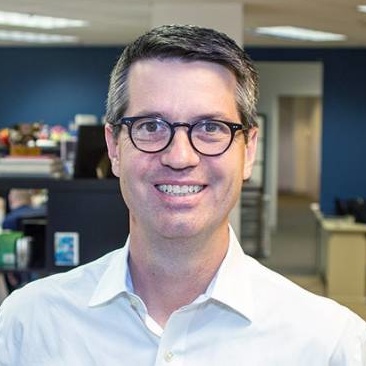
- Vanessa RoanhorseCEO at Roanhorse Consulting

- Vikas RajManaging Director at Accion Venture Lab
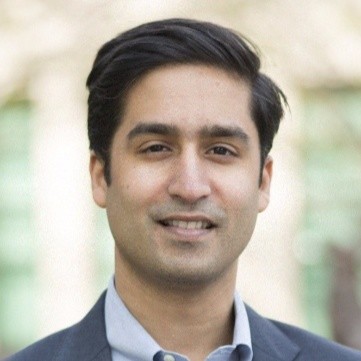
Program Timeline
March 9th, 2020
May 8th, 2020
August to October, 2020
Online
November 9 - 13, 2020
Online
Village Capital is carefully monitoring the current global health situation and is prepared to modify the timings or format of the sessions as needed.
Eligibility
Challenges of People & Families
Preparing for retirement and financial needs as people age. A third of baby boomers have no money saved in their retirement accounts. According to the U.S. Employee Benefit Trends Study by MetLife, 52% of employees at larger firms expect to postpone their retirement due to their financial situation, with the percentage of people rising each year. Baby boomers, middlers, and increasingly those in Gen X, also face medical expenses, debt, and other family obligations. People need support addressing financial needs as they age as well as support managing the needs of their families.
Increasing and smoothing income for people in low-wage work and in multiple jobs. According to Brookings Institution, 44% of all workers in the U.S. are “low-wage workers” who make a median of $10.22 an hour. Low-wage work has become the primary way people support themselves and their families. People also face income volatility and depend more on multiple jobs, informal jobs, and inconsistent work schedules. For many, challenges include smoothing their income, scheduling and dealing with spikes and dips, and figuring out “how to get more income.”
Building credit and getting out of “unproductive” or “bad” debt. According to the Federal Reserve Board, 78% of households in the US have some form of debt from credit cards, mortgages, auto loans, and student loans. People have a hard time navigating non-predatory and productive debt (e.g., accessible fair-priced emergency loans, non-predatory car, home-equity, and student loans, among other solutions), and also find it difficult to reduce debt, and get out of debt. Debt impacts Black, Latinx, and certain communities significantly across generations. Student debt is a major challenge for Millennials and Gen Z. Overall, debt is delaying people’s ability to pursue other goals from building assets/wealth, homeownership, to operating businesses.
Managing and growing savings. According to the U.S. Bureau of Economic Analysis, the personal savings rate in the U.S. is 7.6% (December 2019). Because of unpredictable incomes, people and families are not able to follow traditional financial planning strategies, and may be unable to use conventional savings tools and techniques. There is an opportunity to help people save with solutions that work for their daily realities and embed cultural and behavioral norms.
Challenges of Small Business Owners
Helping small business owners offer innovative workplace financial health solutions. According to the U.S. Bureau of Labor Statistics, 51% of small business owners with less than 50 employees were able to offer a medical plan through their company. Less than a third were able to offer other types of insurance benefits. Small business owners continue to struggle to provide resources for their employees.
Helping small business owners access and navigate capital. According to the Financial Health Network, 44% of owners struggle with access to credit or capital while half find it difficult to pay down their debt. Many small business owners report that they use their personal credit to finance their business. Owners are juggling multiple streams of volatile income as well as personal and business finances.
Overall factors we consider
Focus on addressing inequity: Solutions supporting communities facing financial health inequities based on race, age, gender, geographic location, income level, among other inequities.
Focus on non- "HENRYs": Solutions primarily focused on low-to-moderate income communities as end beneficiaries, as opposed to "HENRYs".
Focus on agency: Solutions that empower users with agency over their financial decisions.
Cultural and behavioral sensibility: Solutions that use a creative, cultural, and behavioral lens.
Market-driven social impact: Solutions using innovation to create a market-driven, scalable, and sustainable social impact model.
Benefits
Benefits startups will receive
At the end of the program, startups will be eligible for MetLife Foundation Social Entrepreneurship Grants
Ability to network and receive mentorship from potential strategic partners, customers, and founders
Ability to network and receive mentorship from U.S. and Canadian investors
Diverse and inclusive network of mentors and founders within financial health and fintech
Startups will receive a stipend for one (1) founder/C-suite member to travel to selected emerging fintech cities in the U.S. for workshops
Five (5) weeks of interactive content tailored to help startups identify early milestones and prepare for their next round of capital (if relevant)
Access to an investment analyst who will coach startups 1:1 on building a financial model, identifying unit economics, and on using financial metrics to drive both the business and investor diligence
Startups will participate in mock board meetings with representatives from financial institutions, corporates, fintechs, and investors to help their organizations scale
Exposure on Village Capital’s program website and other communications collateral
FREQUENTLY ASKED QUESTIONS
What is the main goal of the program? The program is designed to help startups identify early milestones and prepare for your next round of capital (if relevant). In short, through virtual and in-person workshops, we deliver a targeted, award-winning curriculum and provide countless connections to prepare startups for growth.
Do you require us to move to the cities of the program? No. We require one (1) founder/C-suite member to participate in all activities of each workshop. Additional team members are welcomed to participate in the workshops. Please note that Village Capital is carefully monitoring the current global health situation and is prepared to modify the timings or format of the workshops to virtual if needed. At this time, we encourage all interested companies to complete their application regardless of the potential for future travel restrictions.
Do you take equity for participating in the program? No. Village Capital is structured as a non-profit and cannot take equity. If financial considerations prevent you from participating, please discuss this with us on a case-by-case basis.
Please reach out to marcia.chong@vilcap.com or bryson.hearne@vilcap.com with any further questions.












































